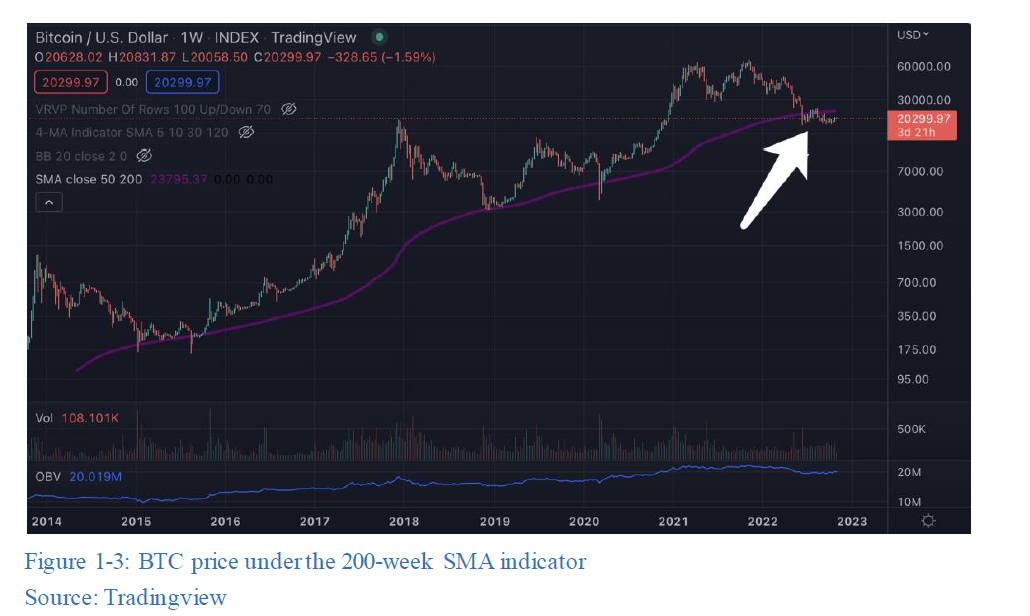In recent court testimony, FTX co-founder Gary Wang has made startling allegations of wire fraud against Sam Bankman-Fried and his inner circle. Wang, who has known Bankman-Fried since their high school days, also pleaded guilty and agreed to cooperate with authorities in the ongoing FTX investigation. This revelation has sent shockwaves through the cryptocurrency community. Wang shed light on the operations of Alameda Research, a trading desk founded by Bankman-Fried, and its relationship with FTX.
FTX co-founder reveals Inside details at FTX
The FTX co-founder stated that Alameda had the privilege of unlimited access to customer deposits on FTX, a crypto exchange closely associated with FTX. This access allowed Alameda to withdraw funds without limitations, and it could even maintain a negative balance. By the time FTX faced its eventual collapse, Alameda had withdrawn a staggering $8 billion from the platform and had drawn a jaw-dropping $65 billion on its line of credit, according to Wang’s testimony. What set Alameda apart from other market makers on FTX was the sheer magnitude of its indebtedness.
The FTX co-founder noted that most market makers typically had lines of credit in the single or double-digit millions, whereas Alameda’s line of credit reached into the billions, illustrating the extent of the financial maneuvers involved. During his testimony, Wang also provided insight into the financial arrangements within FTX. The FTX co-founder disclosed that he received a $200,000 annual salary and held 17% equity in the company. In stark contrast, Sam Bankman-Fried, the co-founder of FTX, owned the lion’s share of the company, reportedly around 65%. This significant disparity in ownership stakes raised questions about the power dynamics within the organization.
The FTX co-founder testimony further revealed the extent of Bankman-Fried’s control and influence over Alameda Research. Bankman-Fried possessed a commanding 90% ownership stake in Alameda Research, leaving Wang with a mere 10%. Despite this imbalance, Wang detailed how he was permitted to withdraw $200,000 from the company for personal use and had access to up to $300 million to invest in other startup ventures. Within the FTX organization, Wang’s role appeared to be more focused on coding and technical aspects, while Bankman-Fried handled public-facing responsibilities such as lobbying and media interactions.
FTX and the fallout from dubious investments
This division of labor suggested a clear distinction in their roles and responsibilities within the company. Matt Huang, a managing partner at venture capital firm Paradigm, also testified during the proceedings. Huang disclosed that his firm had invested a substantial $278 million in Bankman-Fried’s companies. However, he expressed regret over the investment, stating that Paradigm would not have committed such funds if they had been aware of the siphoning of funds to Alameda Research. As a result of these revelations, Paradigm marked down its investment to zero, signaling the severe consequences of these alleged financial irregularities.
Huang’s testimony also touched on concerns about FTX’s governance structure. He mentioned that Paradigm initially had reservations about what he referred to as FTX’s “unique governance structure.” During cross-examination, Huang revealed that Paradigm had sought a seat on FTX’s board, a request that was not exclusive to his firm. This suggested that multiple investors had questioned the transparency and decision-making processes within the company. Another issue raised during the proceedings was the practice of frontrunning, which involves trading on insider information. Huang disclosed that Paradigm had expressed concerns about this practice.
However, he stated that Bankman-Fried assured them that Alameda Research received no preferential treatment on FTX’s crypto exchange. The ongoing trial has generated significant attention within the cryptocurrency industry, as it raises critical questions about the transparency, governance, and ethical conduct of prominent figures and organizations in the crypto space. The outcome of this case will undoubtedly have far-reaching implications for the future of cryptocurrency regulation and accountability.





